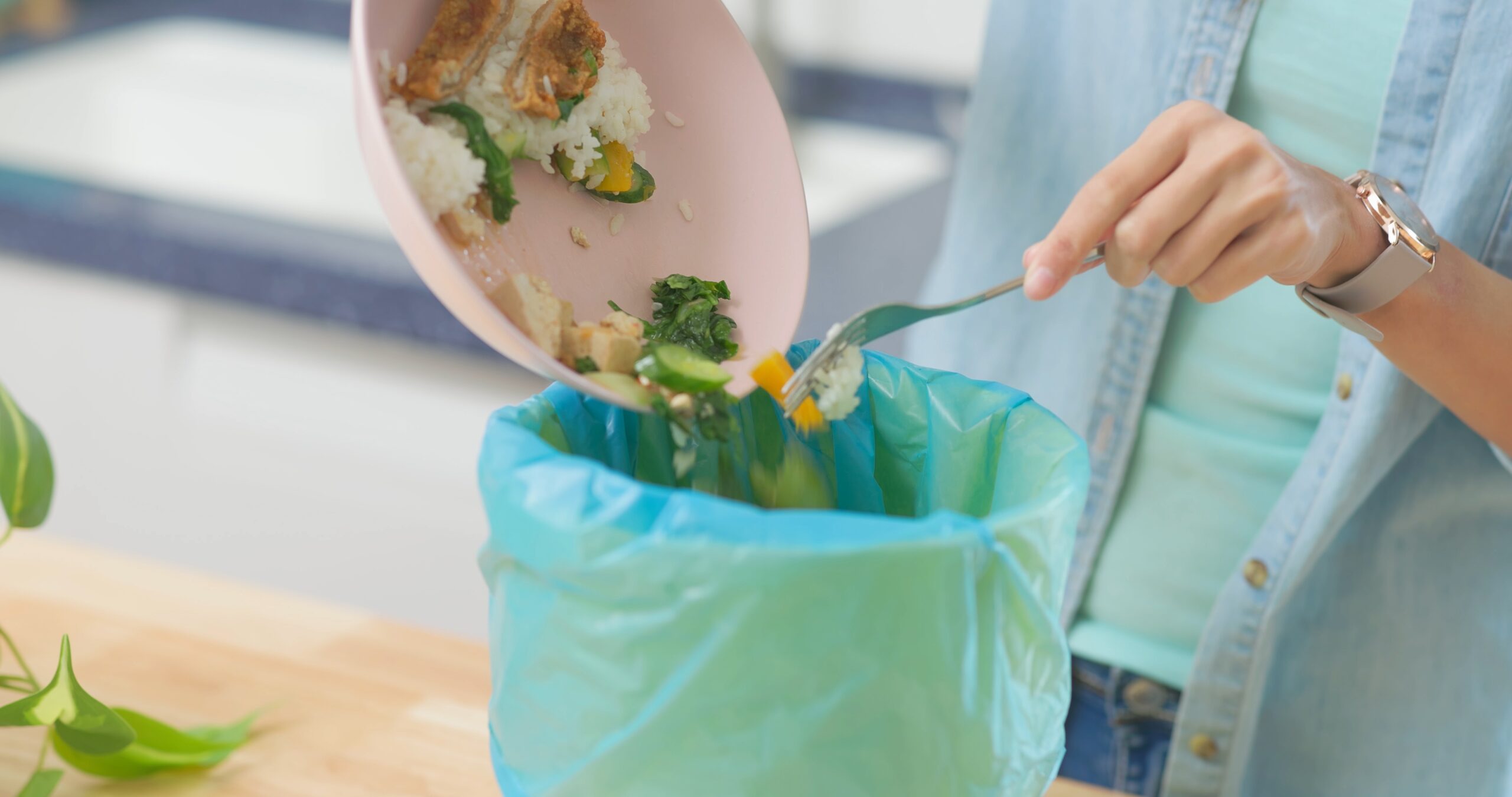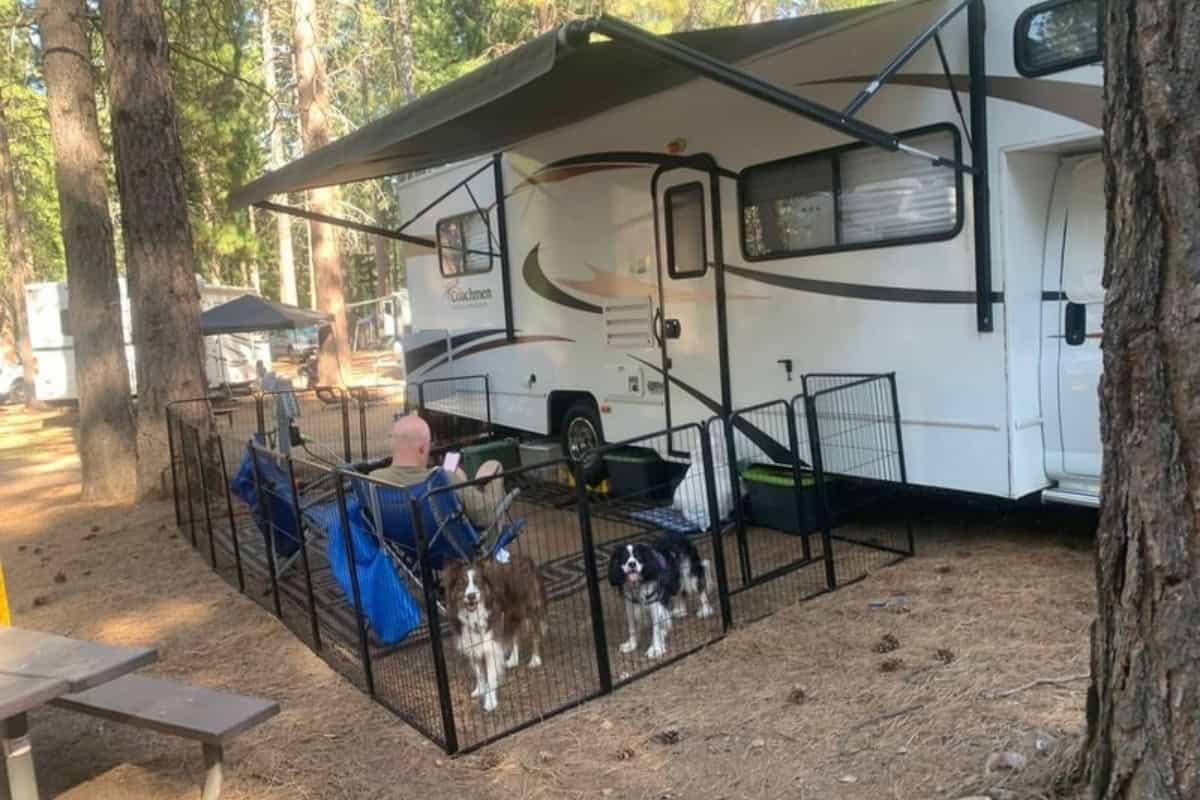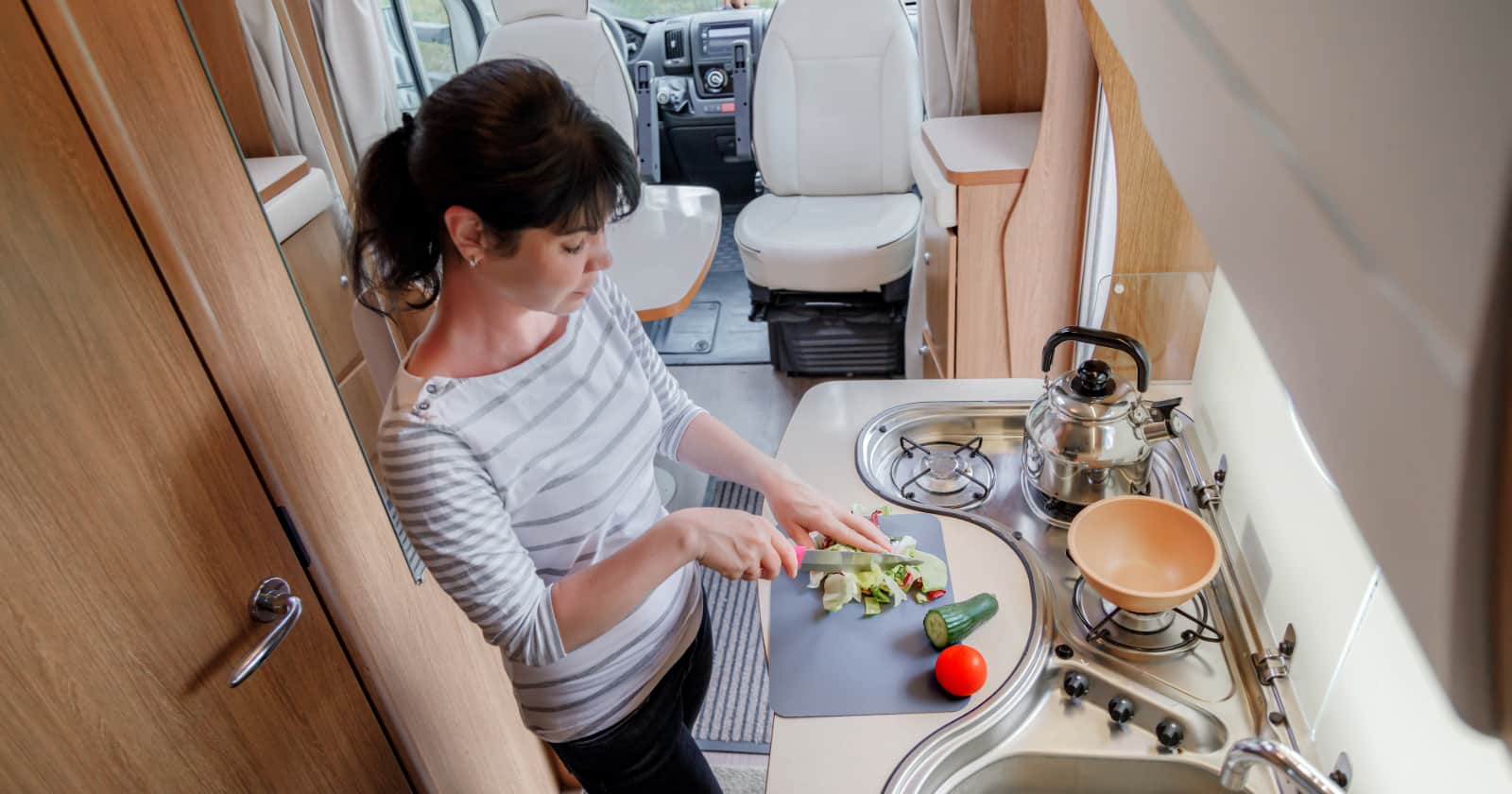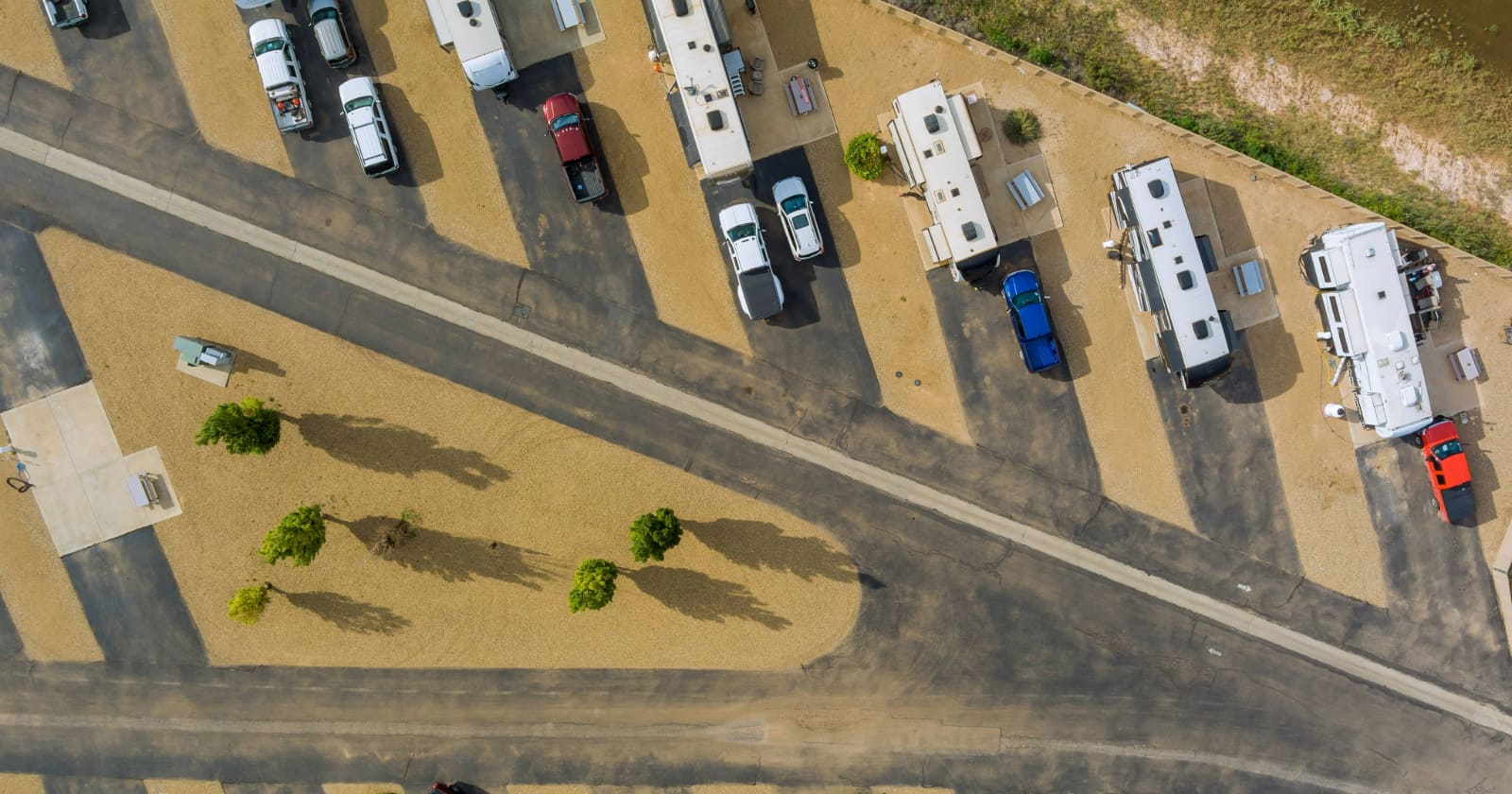
A Guide To Composting Food In An RV
A lot of people who embrace the RV lifestyle have an interest in conservation and shrinking their carbon footprint. There are many ways to make your RV more environmentally friendly, but one thing that is often overlooked is composting. It’s a good idea to know how to compost food waste, even if you don’t do it right now.
Composting toilets are already commonplace in many RVs, but you can also save your food scraps and turn them into something useful. If you cook a lot and find yourself filling up trash bags pretty quickly, you may want to consider adding a compost container to your kitchen setup.
Composting food (or saving it to deliver to compost drop-offs) is pretty easy. We’ll walk you through the process below as well as some pros and cons that you may want to consider. This practice is easy to get started with, and you might find that it’s a great way to get rid of your food waste.
What is composting?
Composting is a natural process where fruits, vegetables, leaves, and other organic material break down into rich soil. Essentially, anything that’s biodegradable can be turned into compost, but some items take longer than others. There are certain processes that we can do to help it along though.
If you just tossed a banana peel into your yard, it would eventually rot and sink into the ground. However, it would happen much faster if you put it with other rotting materials, dirt, and worms to help break everything down. Stirring everything up and introducing oxygen helps as well.
Even though it might sound kind of gross, compost is a natural process that is actually quite clean if you do it right! There will be a nice earthy smell instead of a rotten stink. Then at the end of the process, you have rich, dark soil that can be used in a garden or deposited at your local compost drop-off. This substance is sometimes called “black gold” because of its dark color and the wealth of benefits it gives to the soil.
There are a couple of ways to successfully create compost. If you’re just learning how to compost food waste and don’t care about the speed, you may want to go with a cold composting method. Essentially, you just pile up your food scraps in a single area and let nature do the rest. This is hard to do in an indoor environment because it can take up quite a bit of space and will take longer to break down.
Hot composting is the alternative. This is when you carefully aerate the compost pile and make sure it’s getting enough heat, moisture, oxygen, and nitrogen. When done properly, this method will help the compost break down much faster and prevent bugs and mold from growing.
How to compost food waste in an RV
The actual composting process can be tricky to do in an RV unless you’re willing to dedicate time and space to this project. It’s much easier to simply set aside a bin where you can deposit your food scraps. Items like potato peels, eggshells, stems, leaves, coffee grounds, and other organic materials are perfect! You can use any sealable container you have on hand, including old milk cartons and mason jars.
To help things break down and prevent rot from developing, it’s a good idea to mix in some dry “brown” ingredients as well. Dry leaves, twigs, and untreated paper are perfect for this purpose. You don’t want your compost bin to become slimy and moldy. These materials help soak up the excess moisture and provide some good mulching material.
If your campground offers composting drop-offs, you can bring these bottled-up scraps there. Lots of cities also have compost bins where residents can drop off their food waste. Make sure to research the options surrounding you!
If you’d like to incorporate a composting bin into your RV, the best thing to do is use a stainless steel compost bin. Make sure it seals well and that you have a good place to keep it. You can also attach a handle and interior spinner that will keep the contents aerated.
Add a bit of water if the interior is getting too dry or some more dry leaves if it’s too wet. Spin the compost bin each time you add new food scraps so that everything is well incorporated.
Maybe you don’t want to go the DIY route. That’s no problem because you can buy a portable composter! If you plan to keep this composter inside your RV, a good option is the All Seasons Indoor Composter Starter Kit. However, if you’re set up long-term at an RV resort or campground, maybe an outdoor unit like the Dual Chamber Compost Tumbler would be better.
Pros and cons of composting
The short-term method of storing food scraps is easy for anyone to do, but actually making and keeping up with a compost bin can be time-consuming. So now that you know a bit about how to compost food waste, let’s decide if it’s worth your time.
Pros
- Good for the environment: Composting helps minimize the amount of organic material that’s thrown away. This also reduced greenhouse gases like methane.
- Improves soil: Soil that has been enriched with compost is healthier, has better water retention, and has access to more trace minerals.
- Useful end product: Instead of just generating more trash, composting helps everyone turn their food waste into something useful. You can use it in your own garden or give it to others who will appreciate it.
- Fairly low-maintenance: Most composting methods only need a bit of upkeep. As long as you toss it from time to time, and add water, mulch, and new food waste, you should be able to maintain it easily.
Cons
- Takes up space: If you’re living in an RV, space is at a premium. Some compost bins are large and will reduce the amount of usable space you have in your RV.
- Can smell bad: Most finished compost has a mild, earthy smell, but there are some food scraps that can make it smell bad for a while. If you keep the bin in an enclosed space, this smell can be quite strong and annoying.
- Some methods need a lot of maintenance: Hot composting is harder to maintain and requires more attention and special additives.
- Takes a long time: Even the quickest composting methods don’t break down the waste until about 4 weeks. This can be a long time to wait, especially if the bin smells bad and is taking up valuable space.
Composting in an RV isn’t the right call for everyone, but it’s definitely a good idea to know how to compost food waste. This may come in handy in the future, especially if you’re interested in gardening.
One of the best parts about RVing is engaging with the community of traveling enthusiasts. iRV2 forums allow folks to chat with other RVers online, and get other perspectives on everything RVing, including products, destinations, RV mods, and much more.
Related articles:



